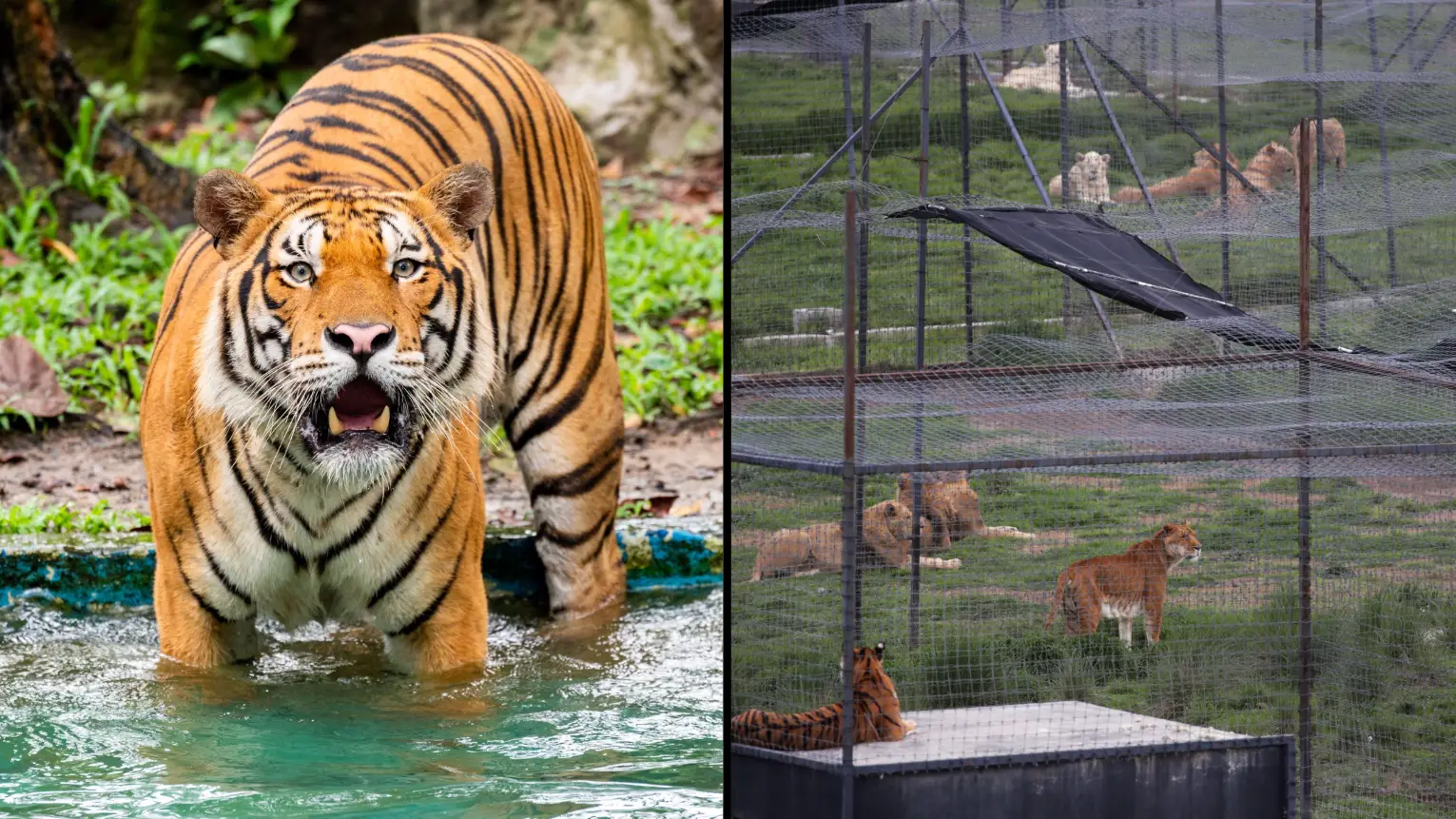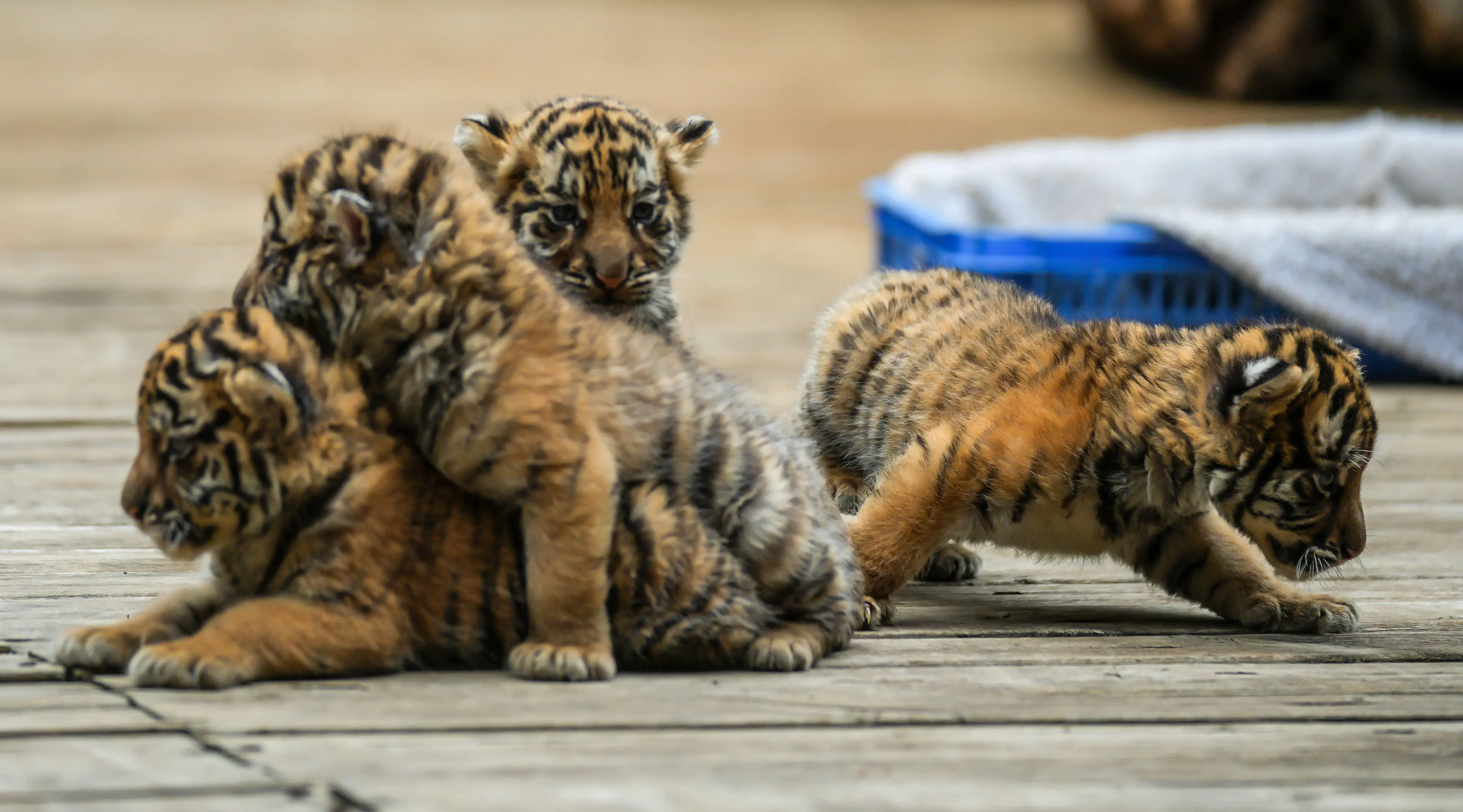
New figures have revealed Nepal has nearly tripled its tiger population in just 13 years.
According to the report released by the non-governmental organisation World Wide Fund for Nature (WWF), there are currently 355 tigers in the wild.
The National Tiger and Prey Survey data shows that an increase of 109 per cent since 2009.
The study covered 18,928 square km (7308 square miles), which is more than 12 per cent of the country. It required 16,811 days of field staff time to complete the survey.
Advert
While the future of wild Nepalese tigers has been a challenge in the face of various threats, the report credits the country’s crackdown on poaching and illegal wildlife trade for tigers surviving extinction.

WWF Country Director Ghana S. Gurung said in a press release that the report highlighted the need for conservation, specifically protecting the essential habitats for wildlife.
He said: “This conservation win is a result of political will and concerted efforts of local communities, youth, enforcement agencies, and conservation partners under the leadership of Government of Nepal.”
US WWF Senior Vice President for Wildlife Conservation Ginette Hemley said that she hopes the US will follow in Nepal’s footsteps in protecting big cats.
She said: “We hope the US will be inspired by Nepal’s success and finally do its part to curb the illegal tiger trade by passing the Big Cat Public Safety Act.
"This legislation will support tiger conservation by tracking who owns captive tigers across the US, when tigers are sold and traded, and what happens to their valuable parts when they die.
“This information will help ensure parts from captive tigers in the US are not filtering into the illegal trade and perpetuating demand overseas, which is the most immediate threat to tigers’ survival.”
Last week, the US House of Representatives passed the Big Cat Public Safety Act, first introduced in 2012, and is now headed to the Senate for approval.
The legislation proposes to restrict ownership of tigers, jaguars and other wildlife animals found in the US, as well as limiting breeding to wildlife sanctuaries, veterinarians, colleges, universities and zoos, according to Grid News.
President of the Humane Society Legislative Fund, Sara Amundson, welcomed the news, as she said it would curb 'Joe Exotic wannabes' with the desire to domesticate wild animals.
She said: “It’s the product of people like those in the series Tiger King, who breed big cats to make money, not to provide any conservation value.
"Although most of the scofflaw breeders in Tiger King have been held to account, as long as cub petting remains legal, nothing will prevent Joe Exotic wannabes from relentlessly exploiting, mistreating and dumping big cat cubs.
“With well over half of the House cosponsoring this bill, Congress should pass it without delay.”
Topics: News, Environment, Animals, Good News